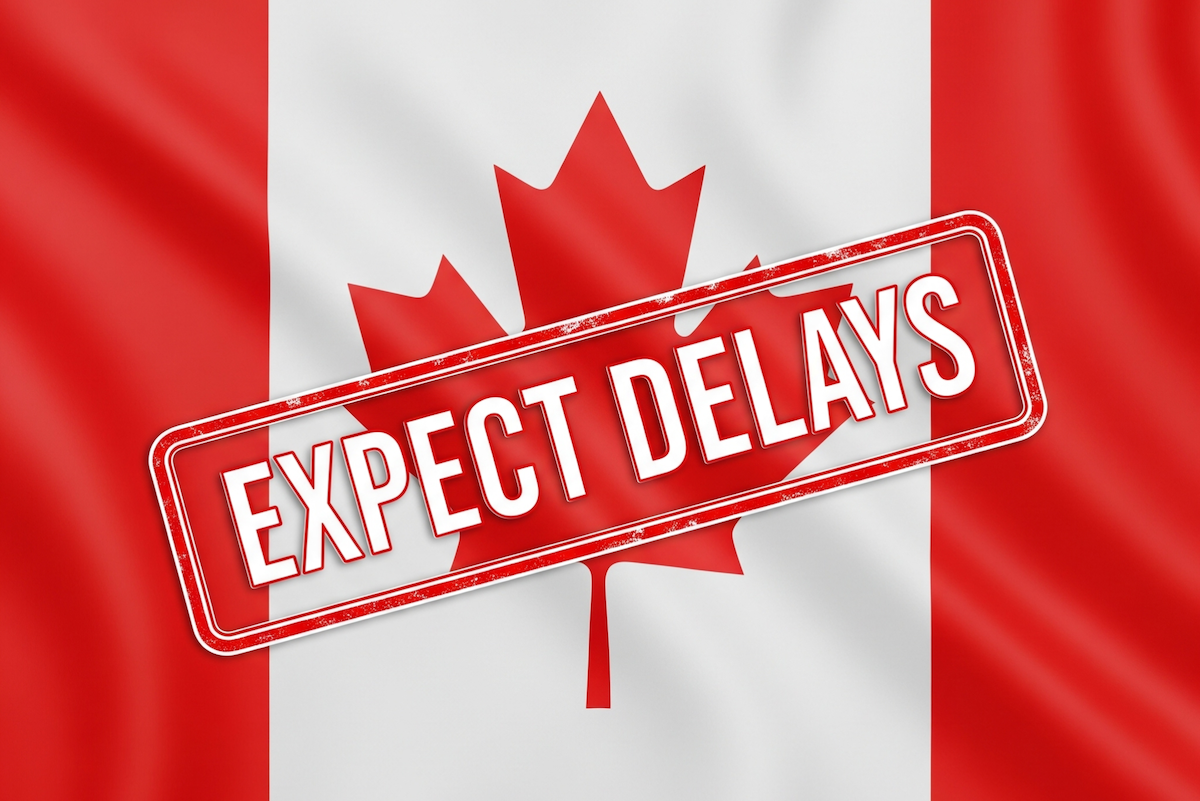Canada’s immigration system continues to grapple with mounting delays as Immigration, Refugees, and Citizenship Canada (IRCC) reported a backlog of 958,850 applications as of August 31. This marks a 6.3% increase from July’s 901,700 pending applications, underscoring the persistent challenges facing newcomers, students, and families.
According to IRCC data, the department is currently managing 2.19 million applications across all categories. Of these, 1.24 million are being processed within the government’s service standards, leaving nearly one million cases stalled in the backlog.
The backlog is most pronounced in permanent residence and temporary residence categories. For permanent residence programs — including Express Entry, Provincial Nominee Program (PNP) streams, and family sponsorship — 470,300 applications are delayed. Family sponsorships, in particular, saw their highest backlog in two years at 17%, while PNP delays remain stubbornly high at 49%.
Temporary residence applications also reveal growing strains, with 437,350 cases delayed. Most concerning is the surge in study permit backlogs, which jumped from 23% in July to 32% in August. Visitor visa backlogs climbed to 60%, while work permit delays saw a marginal dip to 45%.
Citizenship applications remain within IRCC’s targets, with 20% exceeding timelines, though this is a slight increase from 19% the month prior.
IRCC defines an application as part of its backlog when it is not finalized within published service standards. These range from six months for Express Entry to 12 months for family sponsorship. While the department aims to finalize 80% of cases within standard processing times, many applicants continue to face prolonged waits.
The latest figures highlight the pressure on Canada’s immigration system as demand grows and service delays deepen. The rising backlog, particularly in study permits, could have significant implications for international students and Canada’s reputation as a destination for global talent.

